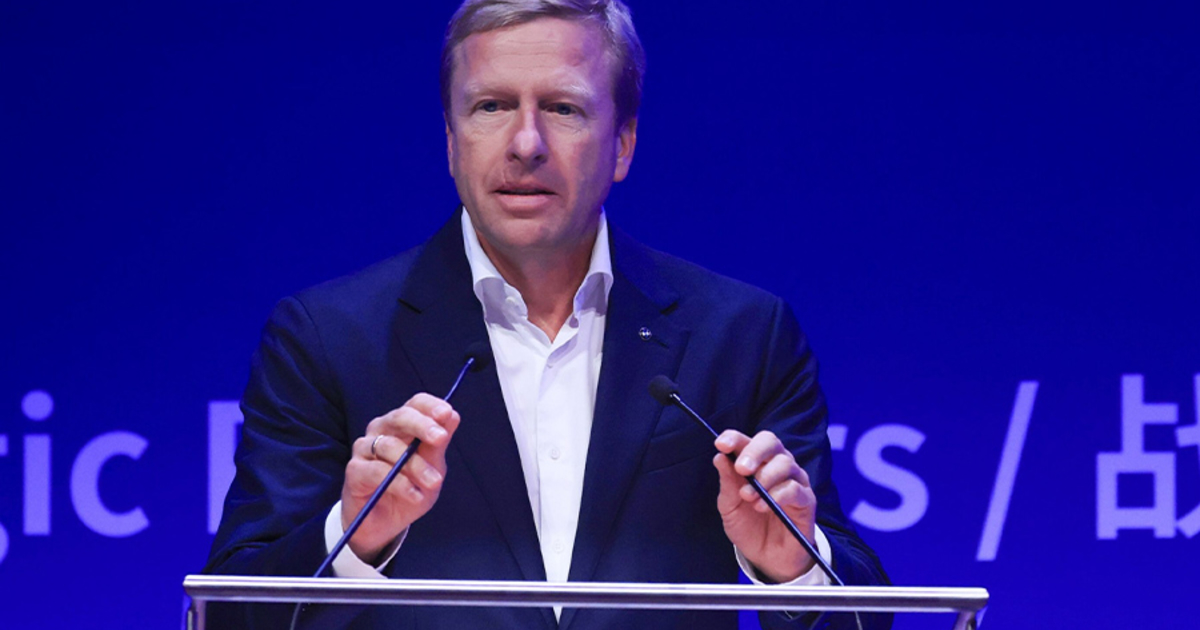
MUNICH — The move toward electrified mobility is a way for Germany and China to expand relations, BMW CEO Oliver Zipse said.
Meanwhile, his counterpart at Mercedes-Benz, Ola Kallenius, said tariffs and trade barriers with China are not the way forward.
“We should uphold free trade,” he said, while also echoing what Zipse said regarding BMW’s desire to see Germany and China create a deeper relationship.
Both CEOs took part in the Chinese-operated World New Energy Vehicle Congress here on Wednesday.
China’s electric mobility trade show was held in conjunction with the IAA Mobility show in Munich. It was the first time the WNEVC has taken place outside of China.
Volkswagen Group CEO Oliver Blume, whose namesake brand this year is likely to lose the No. 1 sales title to BYD in China, said the German giant wants to be in China’s top three for overall volume. He also wants VW to remain the top-sellering international brand in the world’s largest car market.
“China to us is a fitness center,” Blume told the congress. “We have to work out harder and faster to keep up with the dynamics in the market. We aim to remain strong.”
BMW’s Zipse also used the congress to call on China to expand its hydrogen network in urban areas and clarify public charging standards to encourage customer uptake of electric cars.
“The same policy incentives for electromobility are needed for hydrogen to achieve a breakthrough,” he said.
During the same speech, he said BMW could envision installing hydrogen drivetrains in future Neue Klasse-based models.
“We are convinced fuel cells and BEVs [battery-electric vehicles] complement each other,” he said.
The architect of China’s world-leading electric-car push is convinced hydrogen vehicles will play an important role in the country. Fuel-cell vehicles will be key especially in China’s northwest, where distances between cities are long and electric-car adoption remains low, Wan Gang, a former science and technology minister, told the congress.
“First we need to build a green hydrogen system,” Wan said. In some regions, plug-in hybrid and hydrogen cars could even be more prevalent than full battery electric models, he added.
Hildegard Mueller, president of the German auto industry association (VDA), told the congress that from 2023-27 the country’s automakers and suppliers will invest a combined 250 billion euros into the move toward electrification. She also said a decoupling of Germany and China is not practical.
Bloomberg and Reuters contributed to this report.